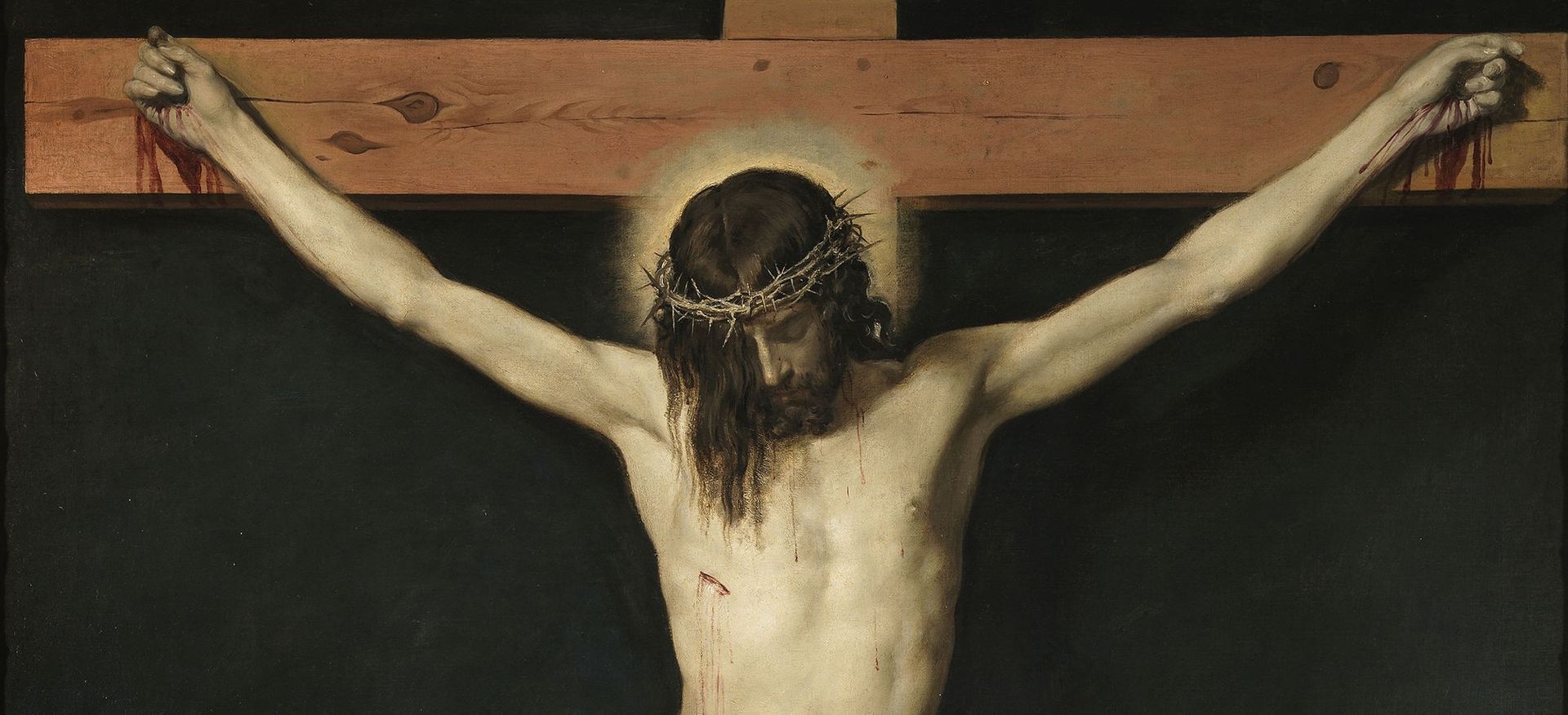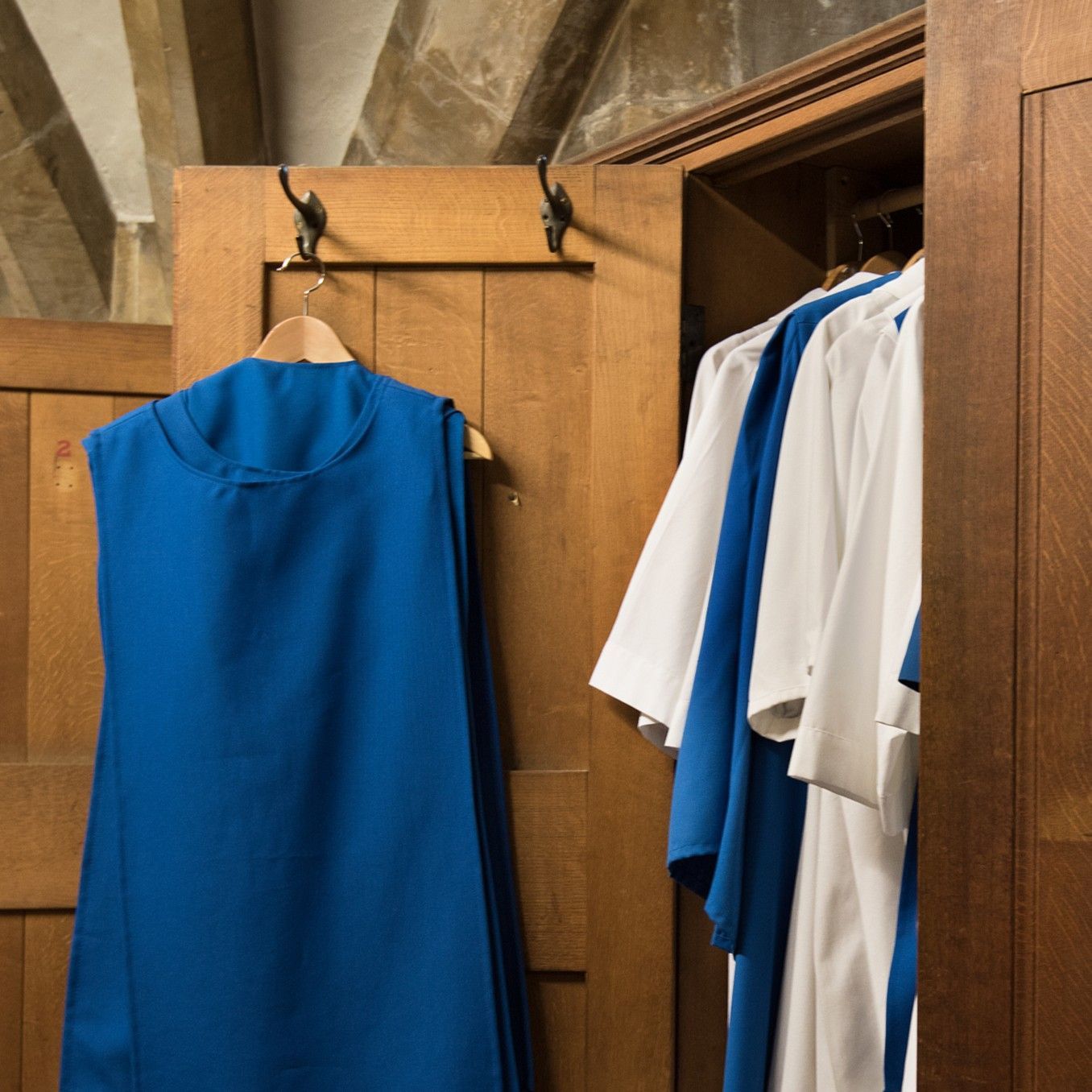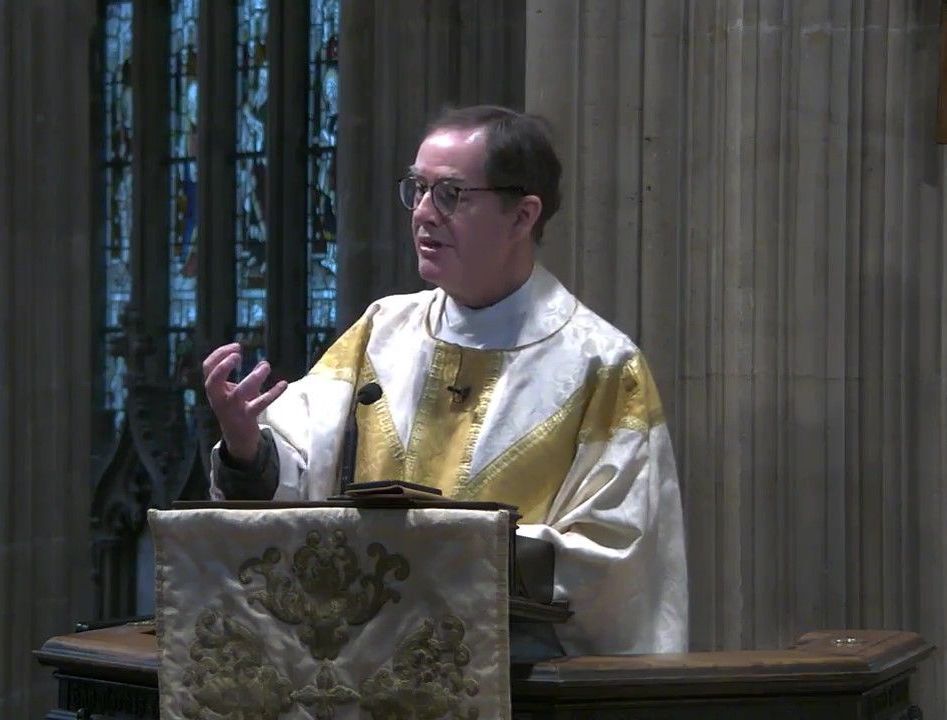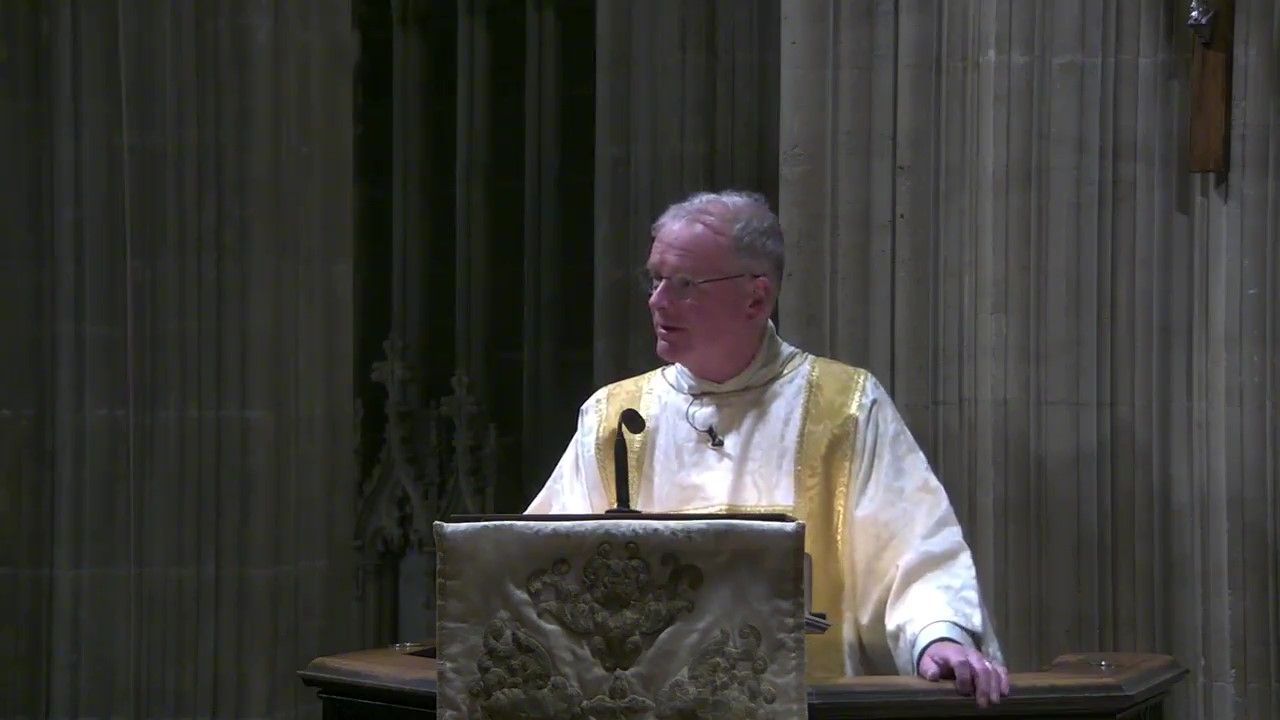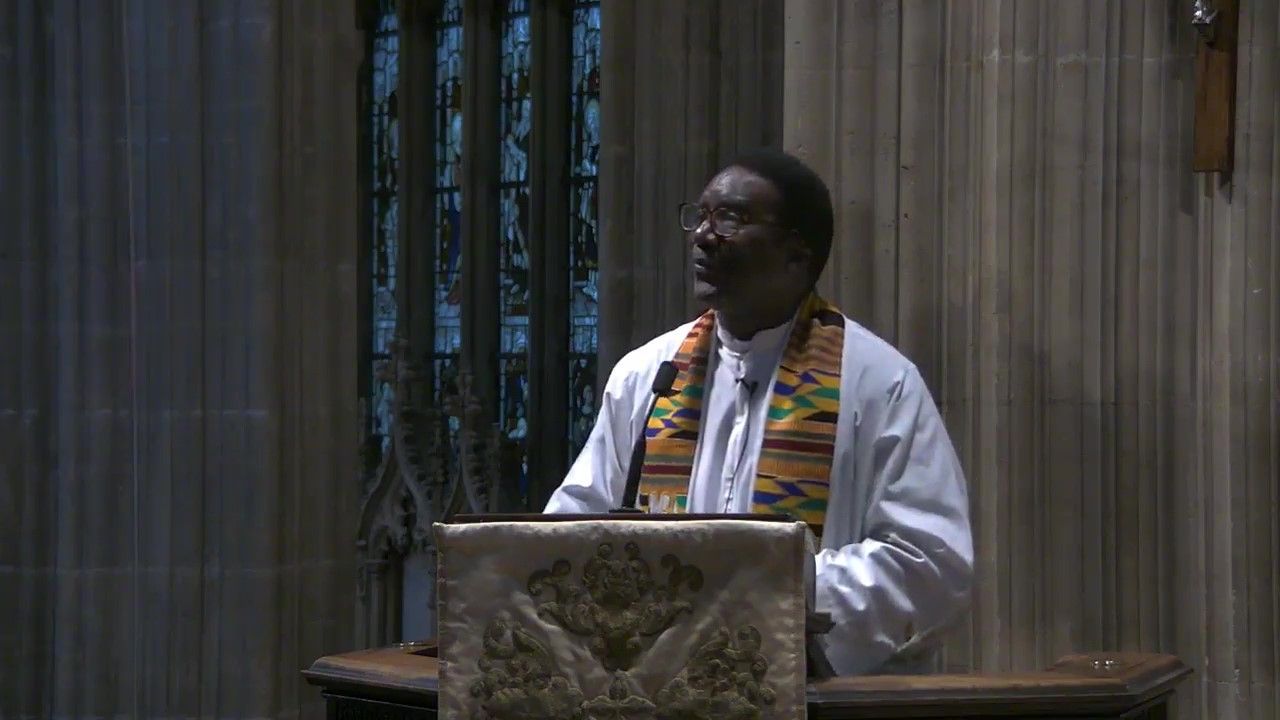Six days before the Passover
The tension is building in the passage of St John's gospel set for Sunday morning. We are six days before the Passover; we are with Mary and Martha and Lazarus "whom he raised from the dead"; we are with Judas "the one who was about to betray him"; and we are about to be enfolded by the unctuous scent of perfume made of pure nard; by the distinct aroma of suspicion, doubt and greed; and by the troubling truths of Jesus: "You will always have the poor: you won't always have me."
But the tension that is building doesn't start where our reading starts. In the previous paragraph we read that "the Passover of the Jews was near" and many people from the surrounding countryside where heading up to Jerusalem to purify themselves in time for the great celebration of Passover. And there was one question in the air: "Will he be there: the miracle worker that raised Lazarus from the dead? Surely he won't come to the festival? What do you think?"
Jesus had caused such a stir at the tomb of his friend Lazarus that many god-fearing Jews became followers of Christ, turning away from the Pharisees and undermining their authority held under the occupying forces from Rome. Such was the tension at that time that the Pharisees planned to put Jesus to death; such was the fear that Jesus no longer walked about openly; such was the chaos that Jesus withdrew to the wilderness town of Ephraim.
In this context, countryfolk were heading up to Jerusalem asking their questions. In this context, six days before Passover Jesus leaves Ephraim and heads to Bethany, the home of Lazarus "whom he had raised from the dead" ... a trip to see friends on the way to the festivities or a provocation as he set his face to Jerusalem? And the meal is served and Mary uses the nard and Judas berates her folly and Jesus reminds them all of deeper truths about himself and about the life we live today.
And then great crowds appear at the door not just to see Jesus, but to see Lazarus "whom he had raised from the dead". The author is hammering this home: three times in seventeen verses we are told that Jesus raised Lazarus from the dead ... and that doesn't include the moment when Jesus actually did raise Lazarus from the dead with the words "Lazarus, come out!" There is little doubt that the author is using the repetition to drive home a point and to increase the tension between the authority of Jesus and that of the Pharisees.
And then it all ramps up another notch or two.
After the meal and the nard, after the Jews believing in Jesus, after the chief priests planning once more to put Jesus to death ... what happens?
"The next day the great crowd that had come to the festival heard that Jesus was coming to Jerusalem. So they took branches of palm trees and went out to meet him, shouting,
‘Hosanna!
Blessed is the one who comes in the name of the Lord"
What we now call Palm Sunday has dawned: which isn't that surprising if you think about it .. after all, Sunday's gospel reading starts with "six days before Passover".
Dan Tyndall
1 April 2022

